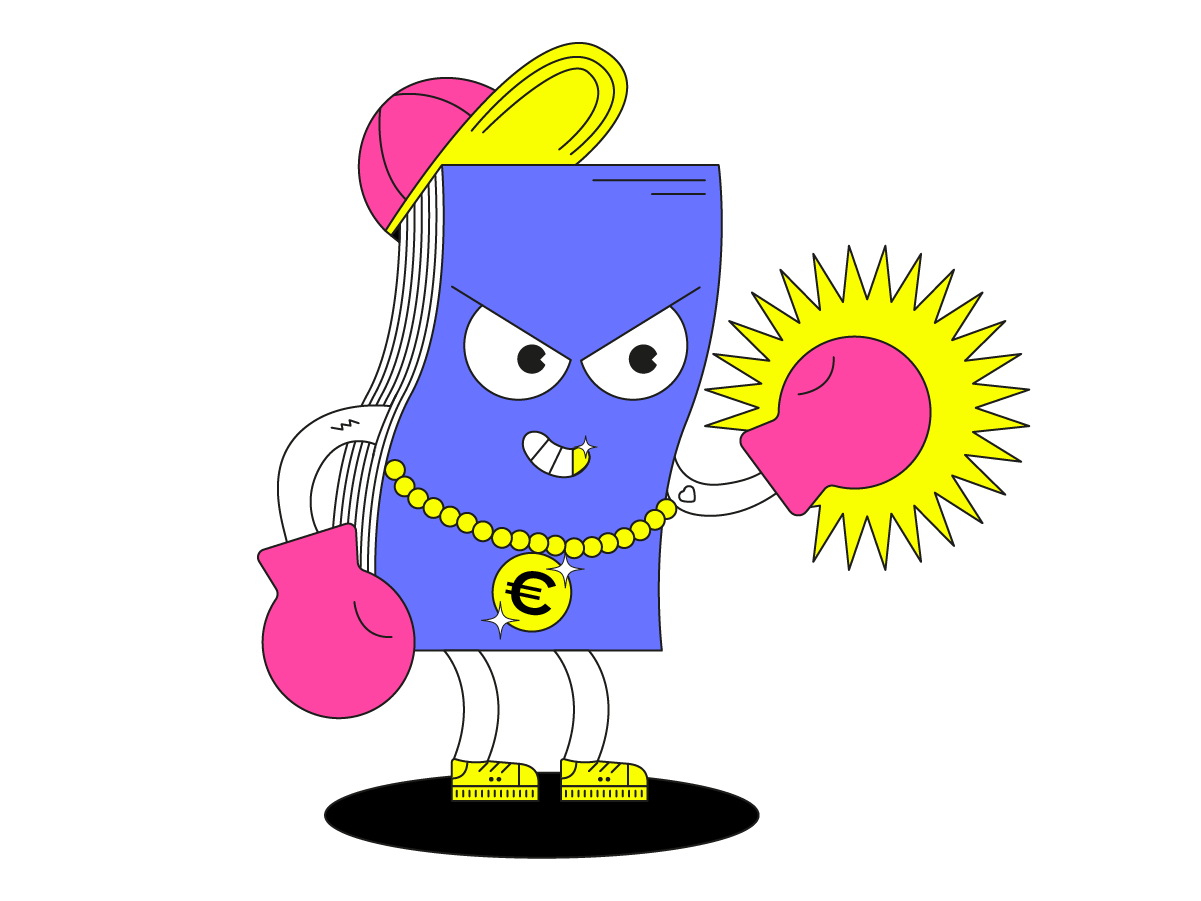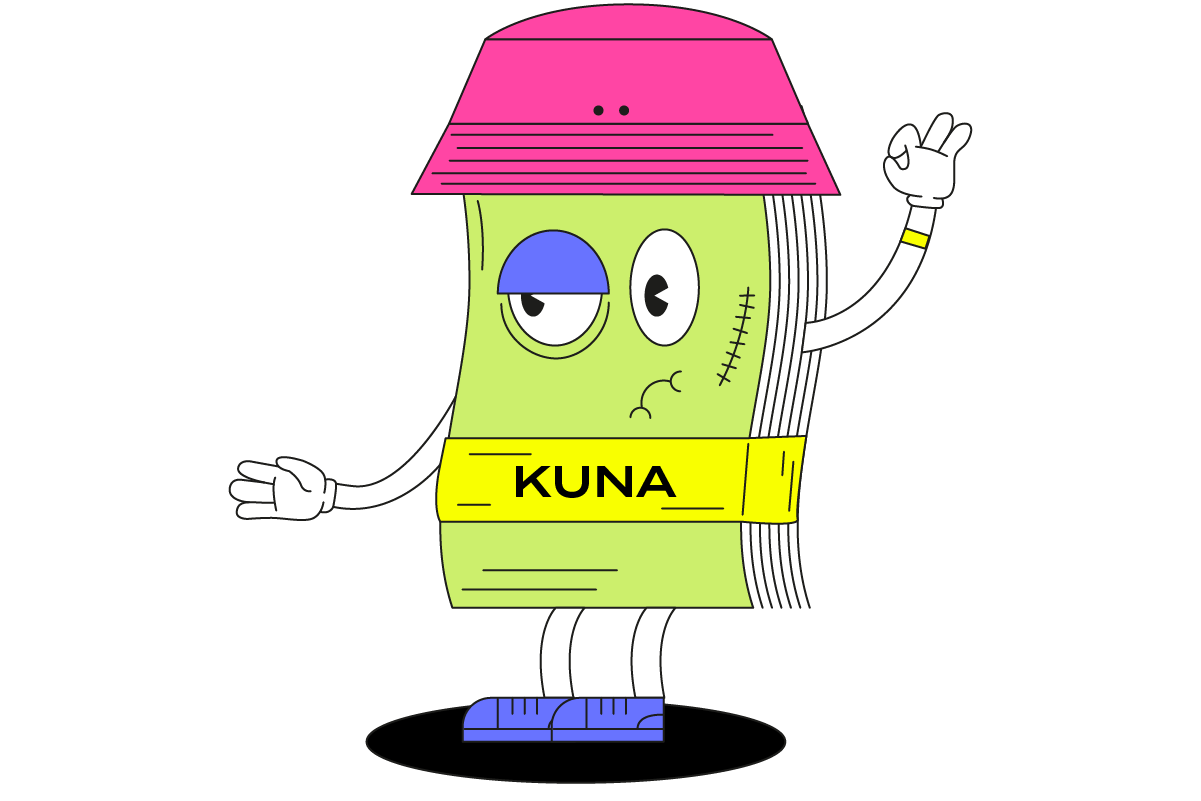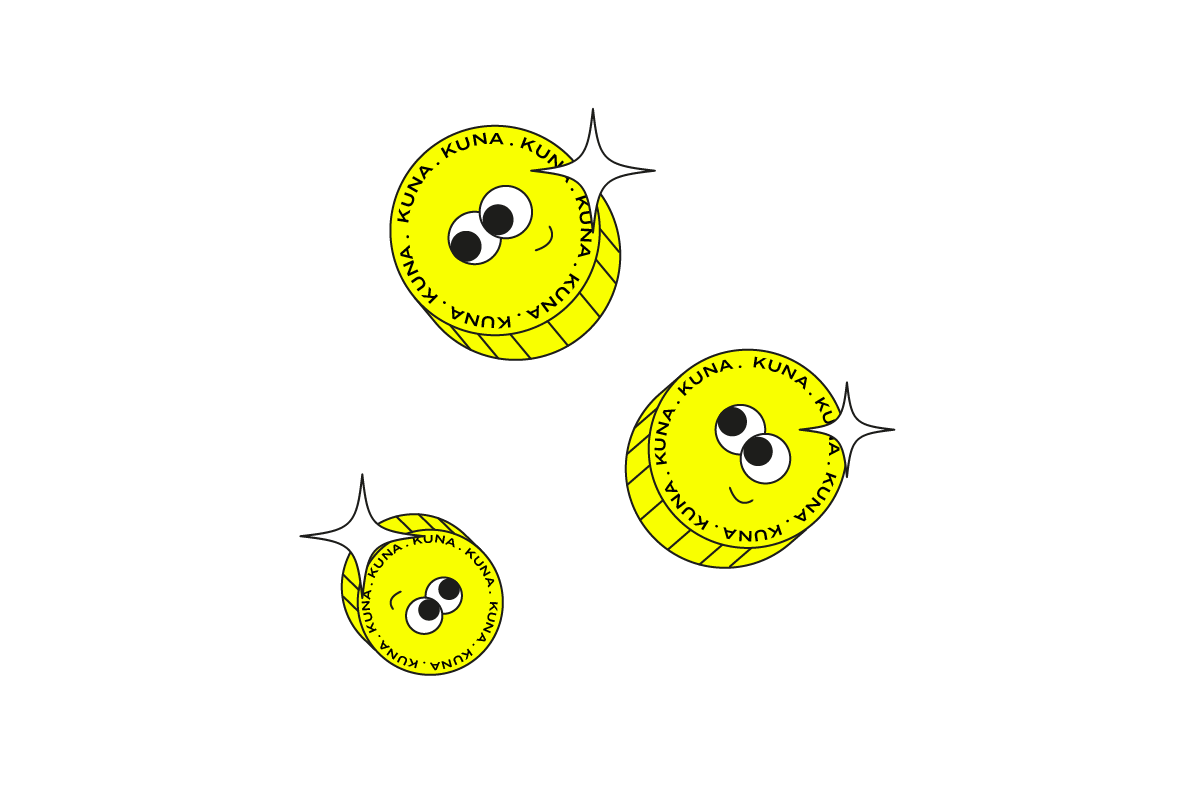When you ain’t got nothing, you got nothing to lose. Croatia has long been preparing to adopt the euro, but is it worth it? What are the pros and cons of adopting the single currency? Analysis from Hype&Hyper.
On 17 June 2022, eurozone finance ministers approved Croatia’s accession to the euro area, based on assessments by the European Commission and the European Central Bank (ECB). Both institutions agreed that Croatia fulfilled all criteria for adopting the euro, SchengenVisaInfo.com reports.
The euro entered into circulation on 1 January 2002. All EU members except Denmark are obliged to adopt the euro as soon as they fulfill the various economic criteria. But there is no defined timeline, and it is up to the Member States to take the necessary steps. The Danish government declared from the beginning that Demark does not want to adopt the single currency and negotiated an exemption in the Maastricht Treaty.
Lithuania was the last country to adopt the euro in 2015, and if everything goes well with the Croats, on 1 January 2023, the eurozone can welcome a new member after eight years.
According to IMF data, Croatia would be the poorest member of the currency bloc, with a GDP per capita of around $17,000 in 2022, compared to Greece’s $21,000, the poorest member of the bloc currently.
Croatia got a green light, but…
The Commission still has concerns about the country’s business environment and corruption, but a senior EU official said that “Croatia has taken and implemented commitments to improve the business environment.”
The ECB called on Croatia to make further efforts to prepare for its eurozone membership, citing in particular concerns that they are not entirely convinced that Croatia can keep inflation under control in the long run. The ECB called for “stability-oriented economic policies and wide-ranging structural reforms.”
Why is it good for them?
Croatia’s economy would be very vulnerable without tourism, which accounts for one-fifth of its GDP. Croatia’s entry into the eurozone could make holidays easier for people from most European countries, as they would not have to bother with changing money. In addition, according to Boris Vujčić, Governor of the Croatian National Bank, eurozone membership would lower interest rates, improve credit ratings, and make Croatia more attractive to investors. Croatia would have access to ECB liquidity and possible rescue funding from the European Stability Mechanism in times of crisis.

“Croatia’s entry into the euro area will benefit Croatian citizens and businesses alike. It will boost investment in Croatia, leading to more development, growth, and jobs. Croatian citizens will be able to travel to other euro area countries without the cost of currency exchange, so travel will be cheaper and easier. The same will apply to EU citizens traveling to Croatia, of course. In addition, investments from other EU countries will also be easier,” Siegfried Mureșan told Hype&Hyper.
Adopting the euro would simplify many economic activities, from selling houses and cars to renting out holiday homes, which are already done in euros. According to the Croatian National Bank (HNB), this would reduce foreign exchange costs beyond tourism by around 1.2 billion kunas (€160 million) annually.
Not only lower costs can be expected
According to former Finance Minister Zdravko Marić, the cost of the transition to the euro would be around 2 billion kunas (€265 million). But he believes the advantages of the process would outweigh the disadvantages.
From a monetary policy point of view, there is little to lose by giving control to the ECB, as the kuna is pegged to the euro, and, before that, it was pegged to the German mark. To illustrate the situation, Boris Vujčić, the Governor of the Croatian National Bank (HNB), always quotes the famous Bob Dylan’s song: “When you ain’t got nothing, you got nothing to lose.” If a country has no independent monetary policy, what could it lose by joining the monetary union?

Nonetheless, there will be some price increases, but consumers will be able to report any unjustified rises to the authorities, which can impose fines for non-compliance. Furthermore, euro adoption will also mean a significant one-off cost to banks; estimates suggest that adapting their IT services and ATM networks will cost between €80 million and €100 million.
What has led Croatia here?
A country must meet the five euro convergence criteria if it wants to adopt the euro as its currency. These criteria concern inflation, the government budget deficit, interest rates, the government debt, and the country’s currency which must be pegged to the euro. In general, fulfillment of the last point means participation in the European Exchange Rate Mechanism (ERM) II for two consecutive years.
The European Central Bank initially expected Croatia to join the ERM II in 2016 at the earliest, with the euro to be introduced in 2019.
In April 2015, then President Kolinda Grabar-Kitarović stated in a Bloomberg interview that she believes that Croatia would introduce the euro in the next five years. But former Prime Minister Zoran Milanović refused to commit to such a schedule. In 2017, the Croatian leadership became a little more enthusiastic and set 2020 as the target date to join the European Exchange Rate Mechanism (ERM II).
Jean-Claude Juncker, former President of the European Commission, said in June 2019 that he is confident that Croatia is ready to join the ERM II. He was right; Croatia joined it on 10 July 2020, followed by two years to prove kuna’s exchange rate stability.
Croatia has proved itself, but what is next?
The prices of goods and services will be displayed in both kuna and euro for one year after adopting the new currency, so probably until the end of 2023. Both EUR and HRK banknotes and coins will be accepted for two weeks following the introduction of the euro. After that, only euro banknotes and coins will be accepted.

All amounts in kunas in Croatian bank accounts will be automatically converted into euros at the official exchange rate, in accordance with the general conversion rules and without changing bank account numbers.
Good news also for other EU members
EP euro working group Chair Margarida Marques (S&D, PT) told our magazine: “Croatia’s accession to the eurozone sends a strong political signal to Europe. It is the first serious integration process since Brexit, which means the further enlargement of the euro area to the Balkans and reinforces the prestige and attractiveness of the euro as one of the world’s leading global currencies. The euro is a key symbol of the EU’s unity. The adoption of the euro in Croatia and then in Bulgaria is clear proof that the euro’s strength and attractiveness did not diminish and can be a stimulus for the other EU Member States. The euro adoption will benefit Croatian citizens and businesses, and also strengthen the EU’s single currency and reinforce European resilience and unity.”
The introduction of the euro in Croatia shows that „the single currency is a stimulating and solid project that guarantees greater security and stability for citizens.” The President of the European Commission highlighted that „Croatia’s adoption of the euro will also make the euro stronger,” VOA reports.
Siegfried Mureșan (EPP, RO), the rapporteur on Croatia’s accession to the euro area, told our magazine that “trade relations, tourism and other sectors of the Croatian economy also depend on the euro area. Therefore, introducing the euro by Croatia will bring additional benefits to both the Croatian and the EU economies. The risks and costs of currency exchange will be eliminated, and Croatia’s economy will be much safer and more secure in the eurozone. Croatia’s entry into the euro area also signals the EU institutions’ strength and confidence.”

From a stable to a minimalist space | The story of a creative duo’s kitchen

Clear vision for a more inclusive society | Szemes Optics x KIKAPCS. Foundation










